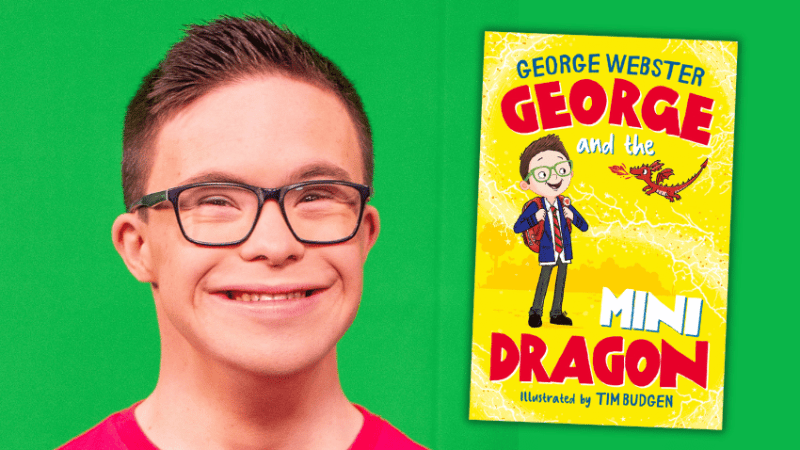All Children Need Experience of Representing their School and It’s up to us to Find the Opportunity

Mick Waters explores ways in which every child gets to take a turn enjoying the limelight

- by Mick Waters

I spend lots of time in schools and sometimes it’s the head that shows me around, but often I am introduced to a couple of children who have been delegated to give a me a guided tour. I love it. The children are so honest and talk about fascinating aspects of their school.
As I stroll with them and they show me the trophies that the school has won for sport, I might ask them whether they play for the school. “She plays football and I’m in the swimming team,” is the sort of reply I hear. Near the musical instruments, I ask whether they play. “He plays the recorder and I am learning violin.”
Did they go on the residential visit displayed in photographs? Of course. Were they involved in the charity work to support the local old people? Naturally. The school performance? Stage manager and chorus line.
They seem to do everything; gardening club, museum club, they are on the school council, they were photographed meeting the Mayor. I realise that I’ve got the ‘Level 5 Mayor Meeters’ – and they are delightful.
What occurs to me is that there must be a normal distribution, a bell curve which spreads the children across all the chances of engagement in the rich life of the school.
The children who show me around are the front end, the ones who do everything and at the back of the curve are those who do next to nothing in terms of being part of the pulse of the school.
I do realise what it is like. I have been a head expecting a dignitary to visit and have said, “Let’s get two who have plenty to say and scrub up well.” It is part of presenting a good image and a lot depends on first impressions.
Yet the nagging doubt remains. For those at the front of the bell curve, the chances are that they are regularly involved in contribution or representation, with the consequence that they get better at it, moving up a level.
Those at the back, because they are less involved, are invited less to contribute or represent and hence get little practice, meaning that they don’t get better and instead watch others being really good and think, ‘I don’t do that sort of thing.’
Typically, the skills needed for joining in and taking a lead are possessed more by children from secure and stable backgrounds than those who grow in disadvantage. Eric Jensen writes about disadvantaged children needing to be taught characteristics such as compassion or cooperation which are part of the normal discourse for others.
Trending
The notion of narrowing the gap applies in all aspects of a school’s provision and outcomes. Pupil premium children, looked after children and children with SEND need the experience of representing their school or contributing to the bigger picture as much as all the others.
With a school curriculum that comprises the entire planned learning experience for children, where they learn in every aspect of their time – in lessons, events, routines of school life – the impact of wide social involvement will affect the emotional and academic as well as social outcomes.
It could be worth spending a little time plotting the various activities of a year group of children to see the spread and consider whether anything needs to be done.
It doesn’t have to be dramatic, but subtle interventions could make a lot of difference. Just putting an inexperienced guide with a regular would provide a model. A manipulated urgent need backstage or crisis with the collecting tins could thrust a reserved but willing volunteer across a threshold to action.
Just doing a little questionnaire asking what they wish they could join in with at school might reveal the child who is desperate for their moment centre stage. After that, it is down to finding the appropriate opportunity that creates the chance without risk to the child.
Most primary schools are incredibly lovely places, with teachers that care about all of the children. Sometimes we need to shed light on our own world and see whether there are things we should do to meet the potential of everyone.
Our disadvantaged children need proportional representation in our school teams, choirs, plays, clubs and councils. Perhaps we should try to make sure that every child enjoys a moment in the limelight, however fleeting.
Mick Waters is professor of education at Wolverhampton University.







